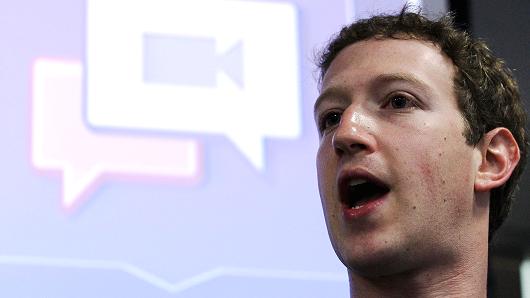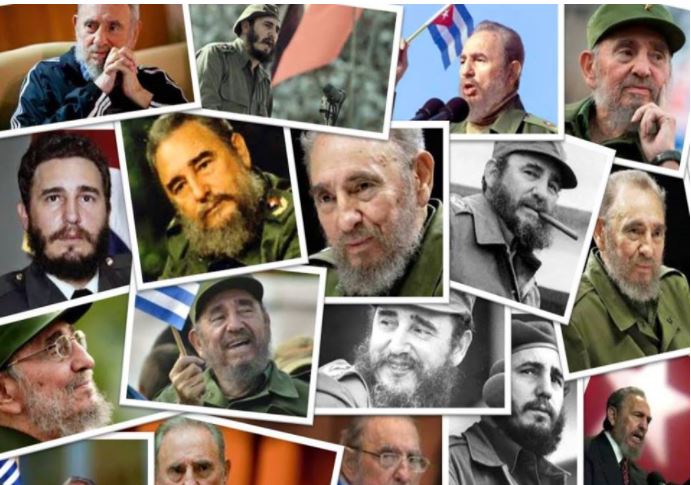The company announced at an event for Facebook video creators on Tuesday it would allow more content to be eligible for its Watch program. By doing so, it opens up the doors for both the company and social media stars to earn more advertising revenue. Facebook also announced Brand Collabs Manager, a platform that will connect video creators with sponsorship opportunities.
Digital video advertising revenue is projected to hit $19.81 billion by 2020, according to eMarketer. Google‘s YouTube is considered the main home for online creator-made video content. Facebook, however, is trying to encroach on that territory with Tuesday’s announcement, which follows reports of plans to expand the length of Instagram videos and introduce original Instagram shows.Facebook Watch traditionally housed premium longer-length shows, many of which were created by traditional media and production companies and social media stars. The episodes were eligible for ad breaks, with revenue split between Facebook and the show creator.
This announcement hints the company will start accepting non-episodic content into Watch. Facebook said U.S. creators who make longer, original shows will first be eligible for the ad breaks, but it will expand the opportunity and criteria over time.
Facebook also announced other bells and whistles to entice more social media stars to bring their videos to its platform, including allowing fans to subscribe to their video content and the ability to create polls and quizzes on live and on demand video. It also added a gamification option to allow people create their own trivia-style shows.
However, one advertising technology executive who works with both companies said Google has indicated it isn’t worried about Facebook’s foray into video because it’s hard to change consumer behavior. People are used to going to Facebook for social media posts and catching up on what friends and family are doing – and they’re not thinking of it as a to-go place for video. This person asked to remain anonymous because their conversations with Google were private.
Media agency Initiative CEO Mat Baxter echoed the sentiment, adding online video is already a “fairly crowded” space and Facebook is late to the game. “YouTube is a video platform,” Baxter said. “Facebook is a social network, first and foremost, with extensions.”
There’s “already pushback” from the ads in videos on Facebook especially because it often appears in the middle of content disrupting the viewing experience, Baxter said.
“The whole thing feels a little clumsy,” he said.
In a statement, a Facebook spokesperson said, “Ad Breaks are working well in longer content that people seek out and keep coming back to. When ad breaks are inserted at the right points in videos, and people feel that the content merits an ad break, the format works. In-stream ads have an over 70% ad completion rate and the majority are viewed with sound.



